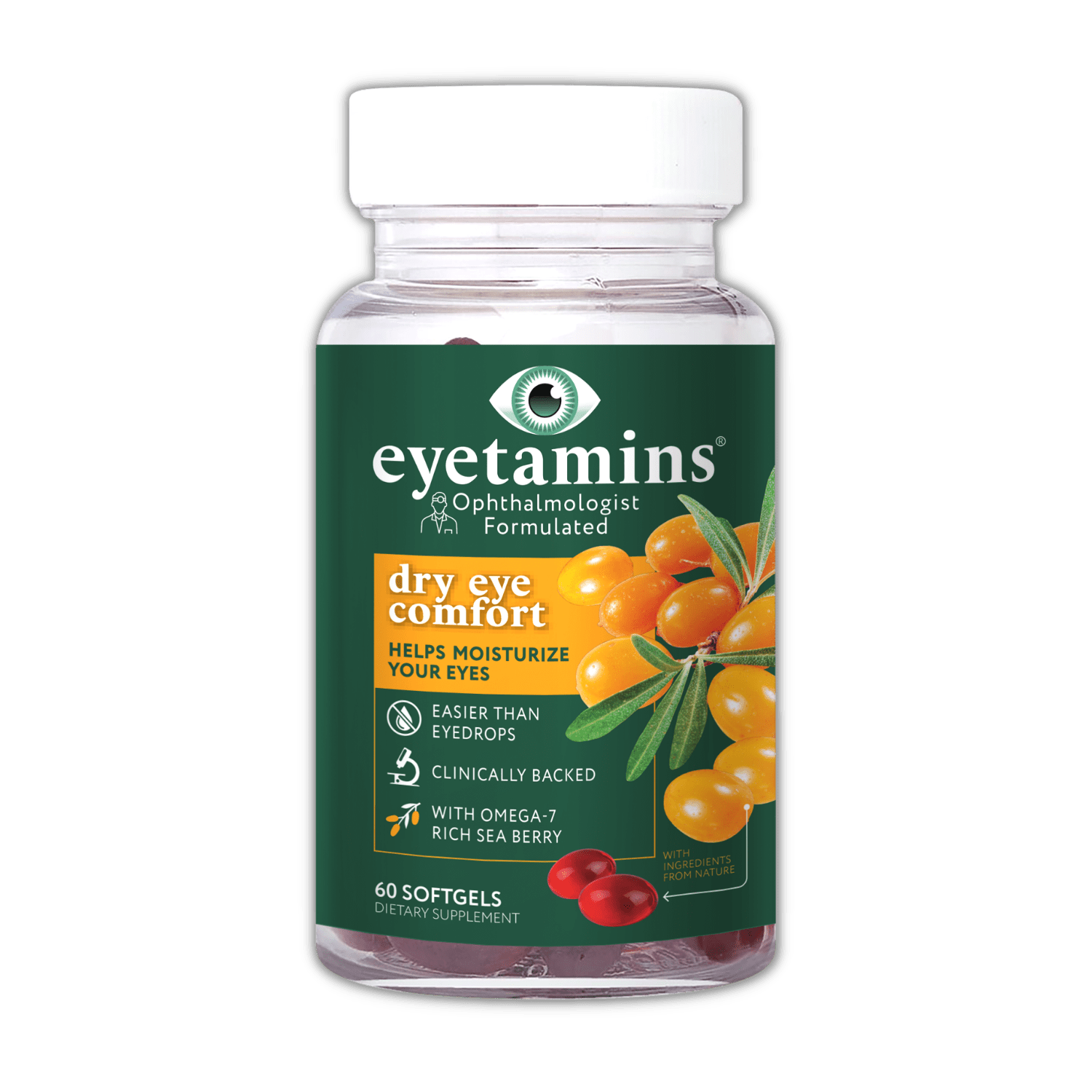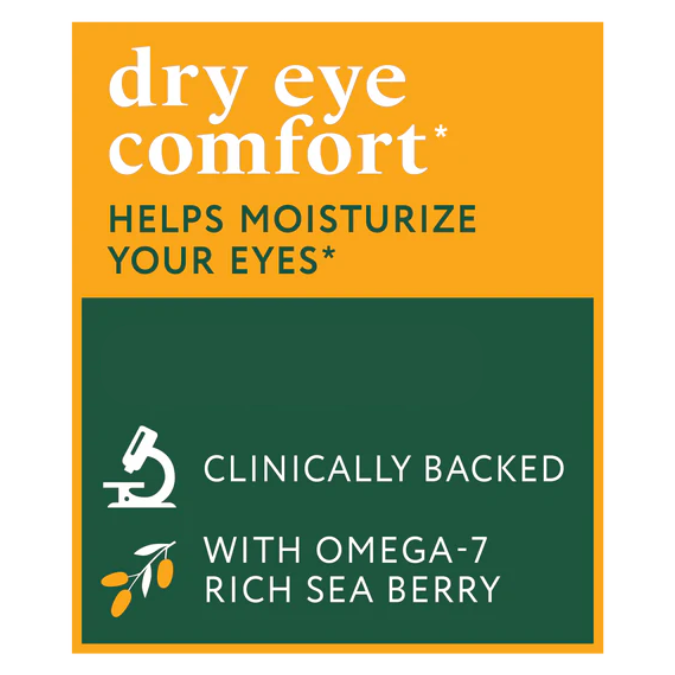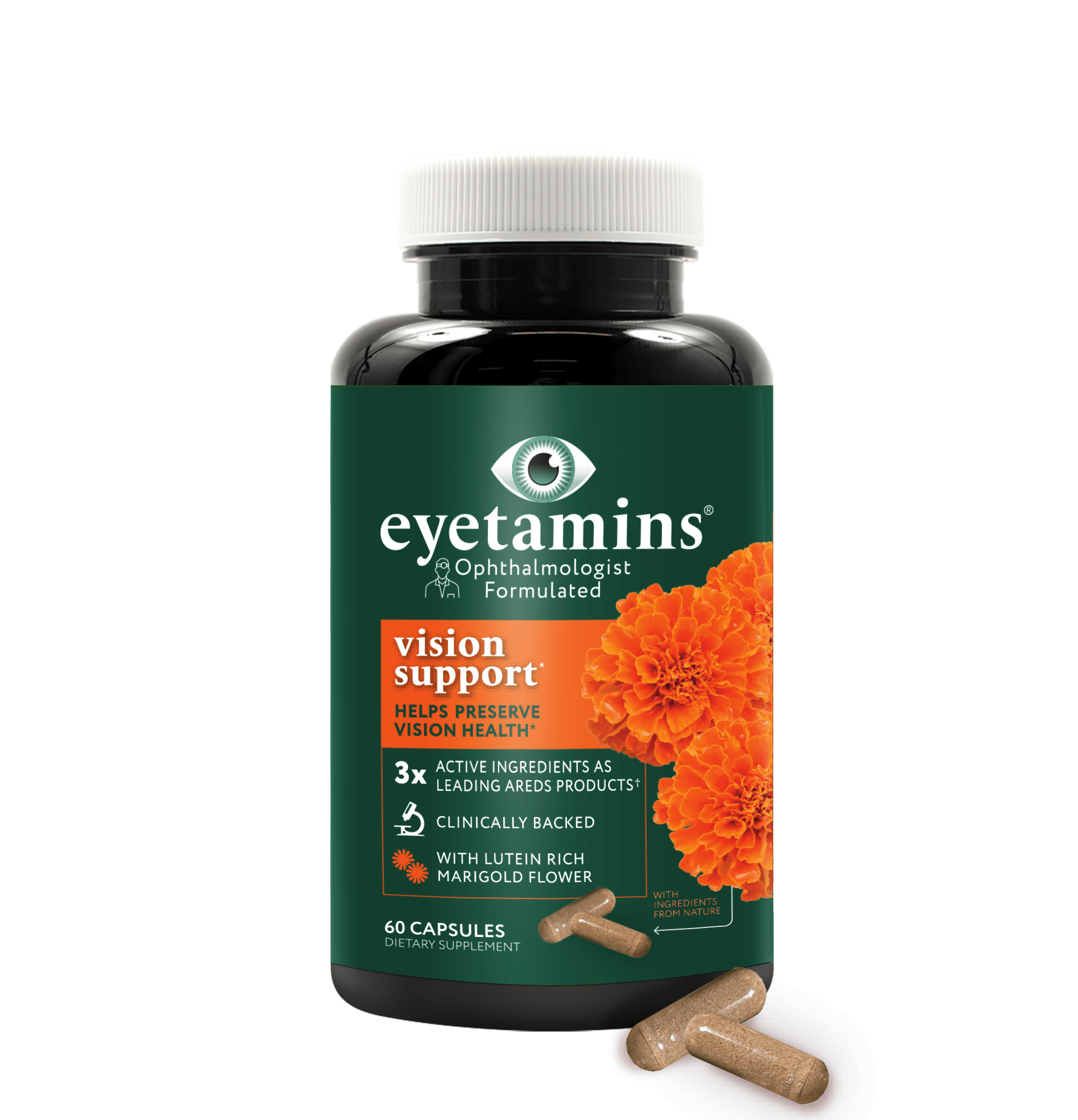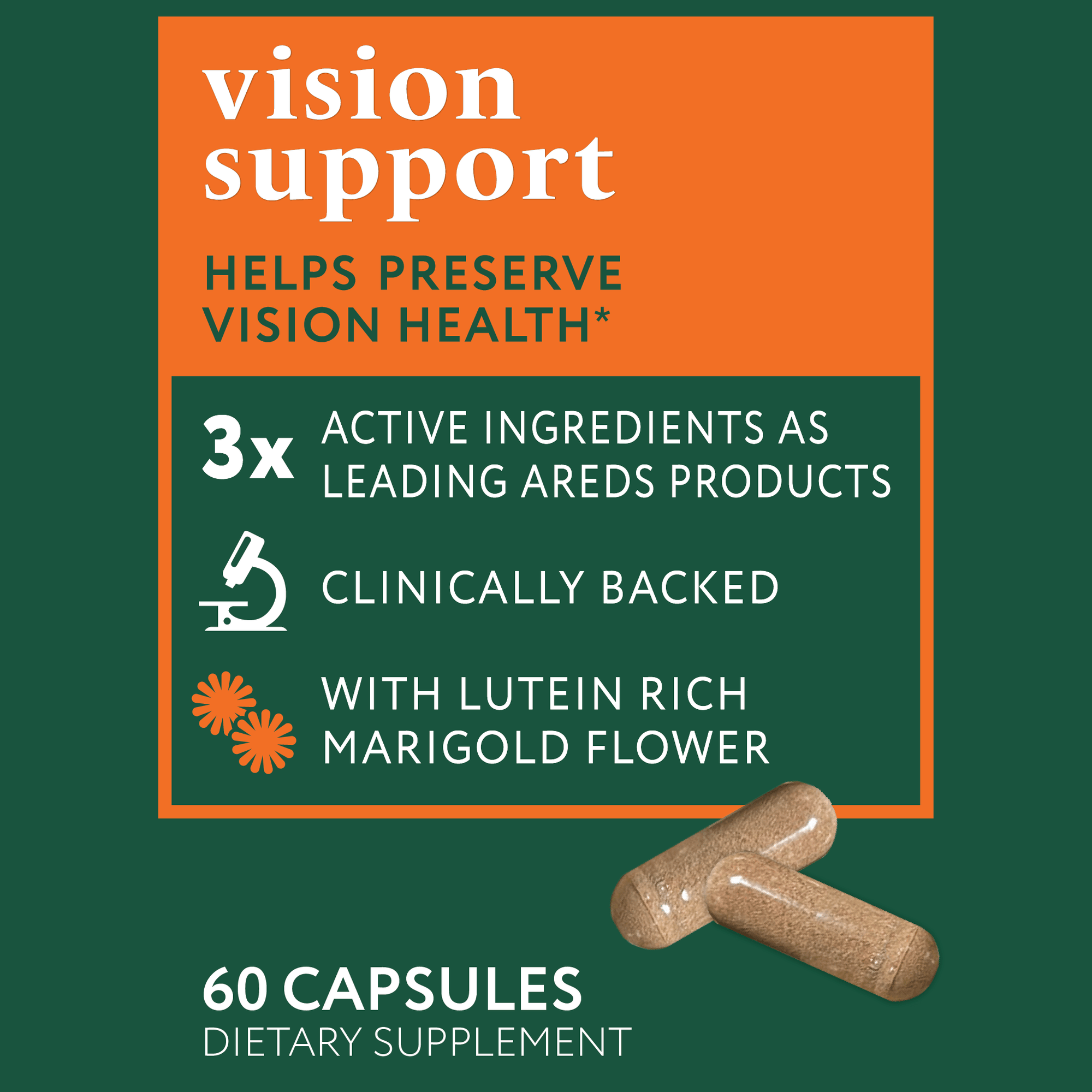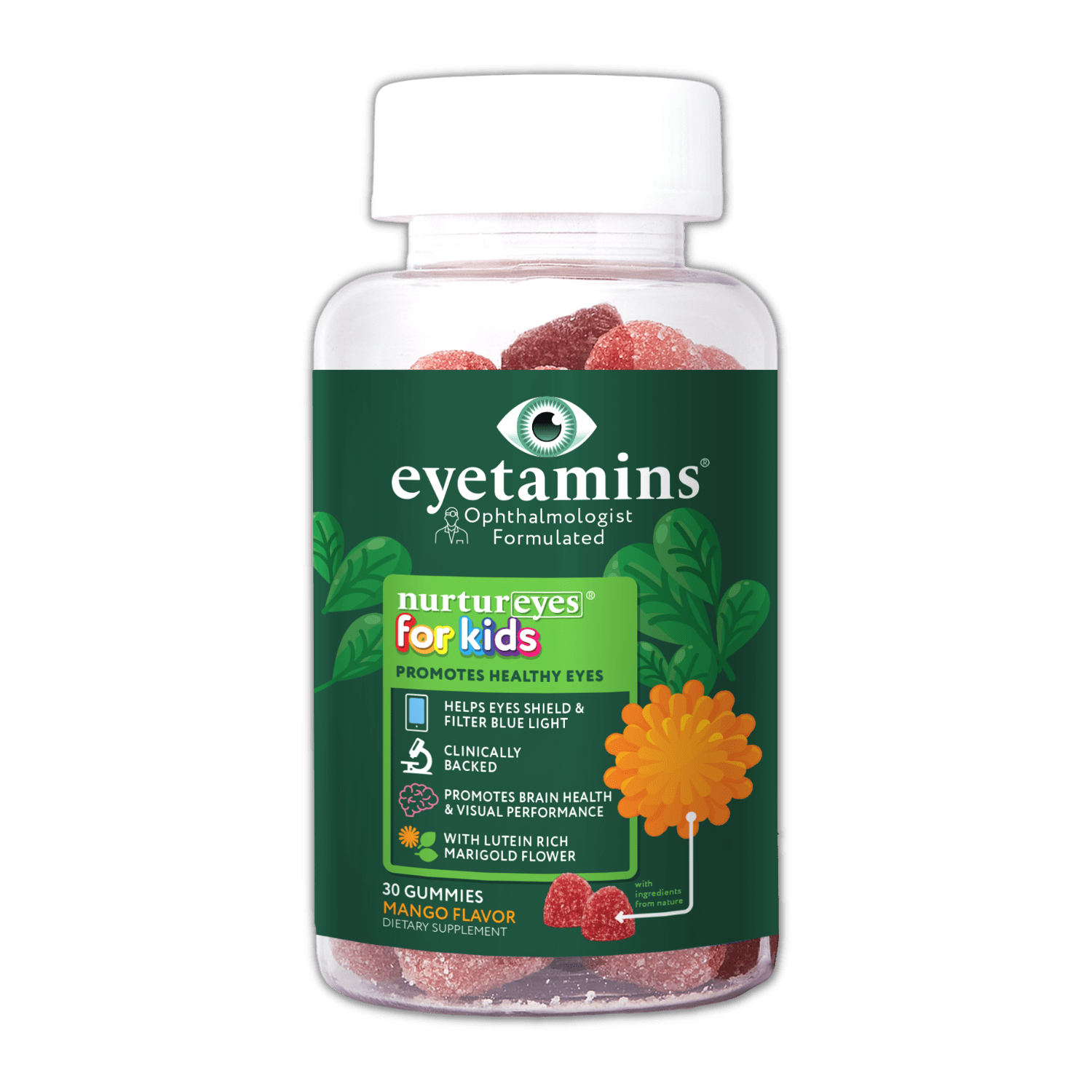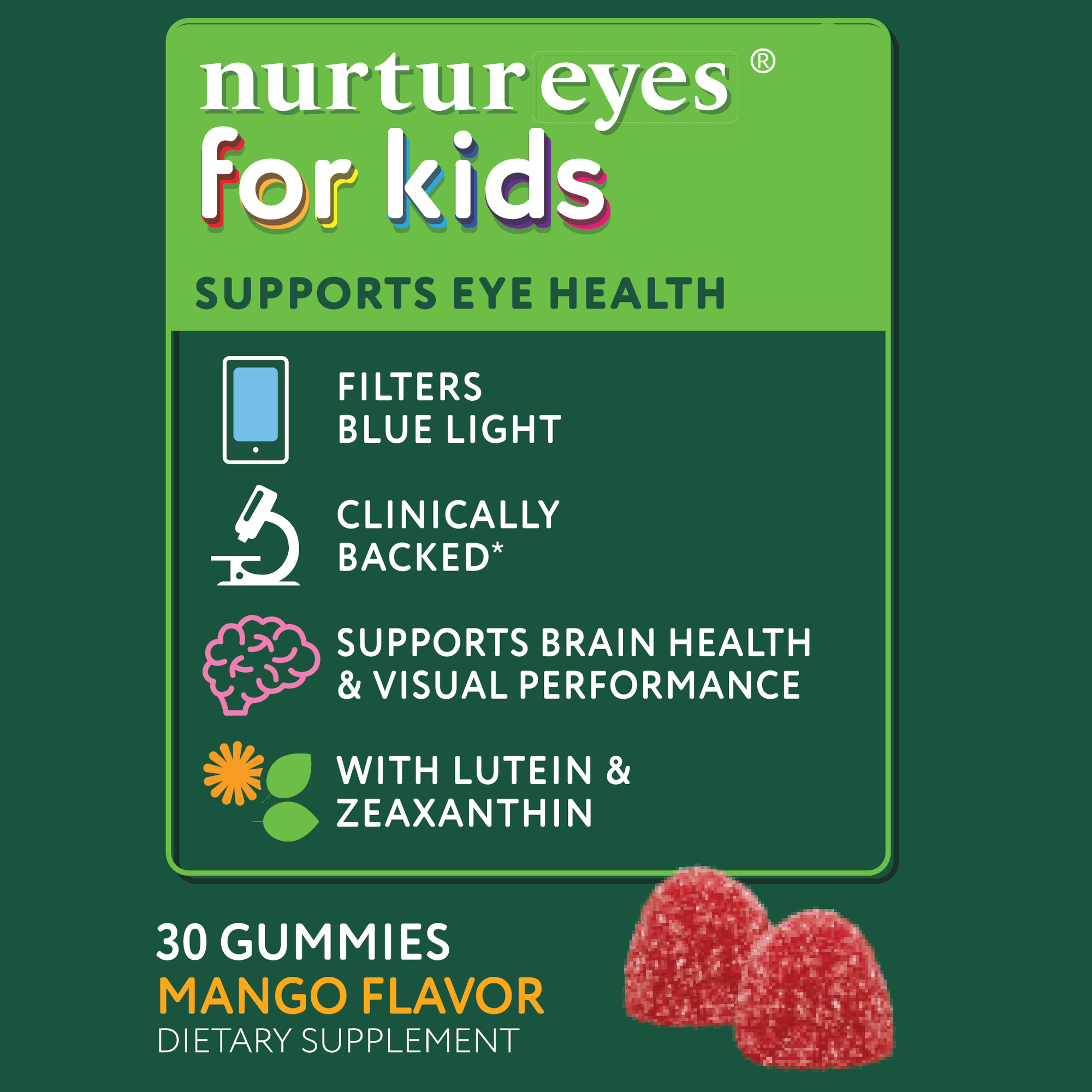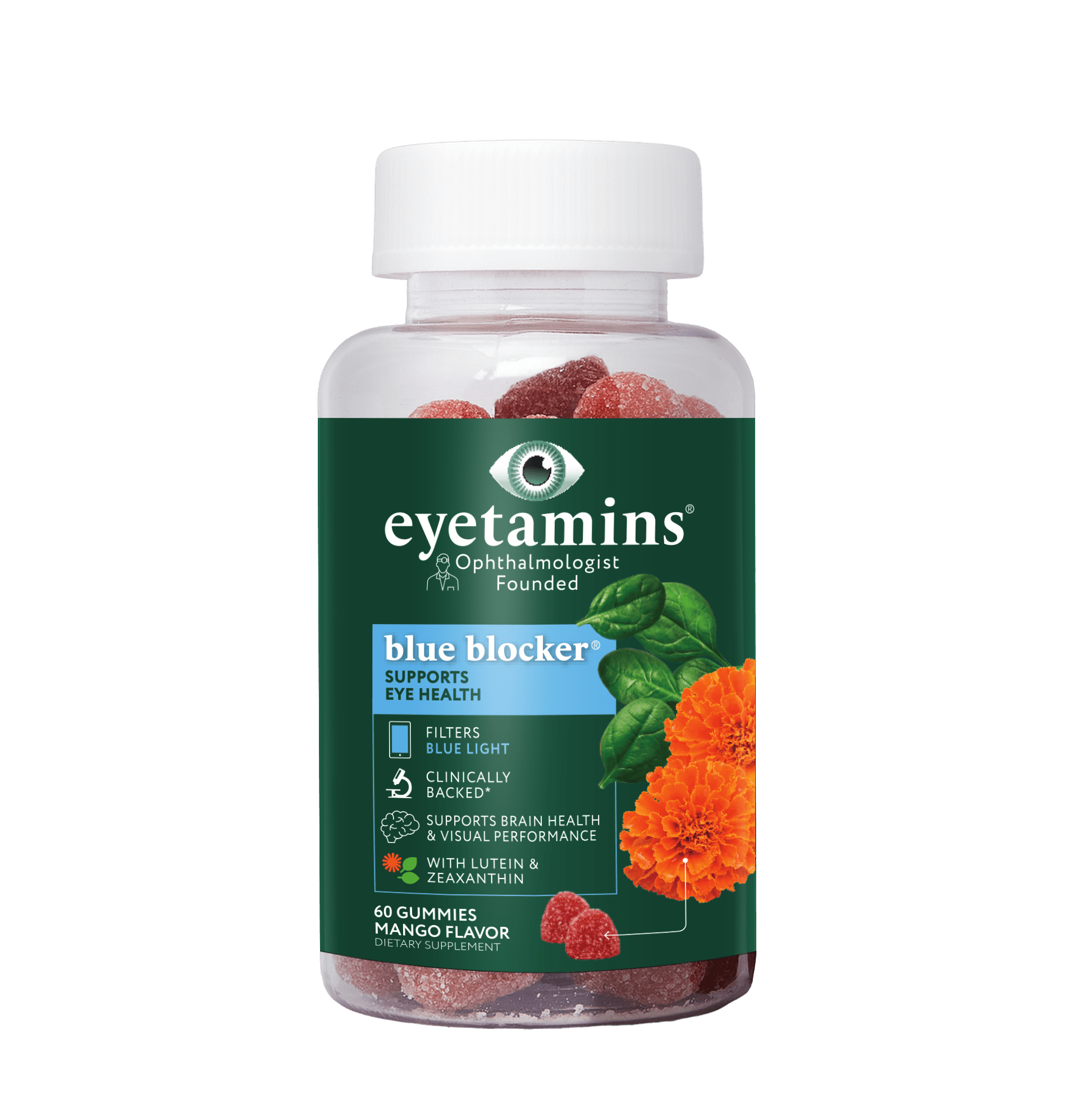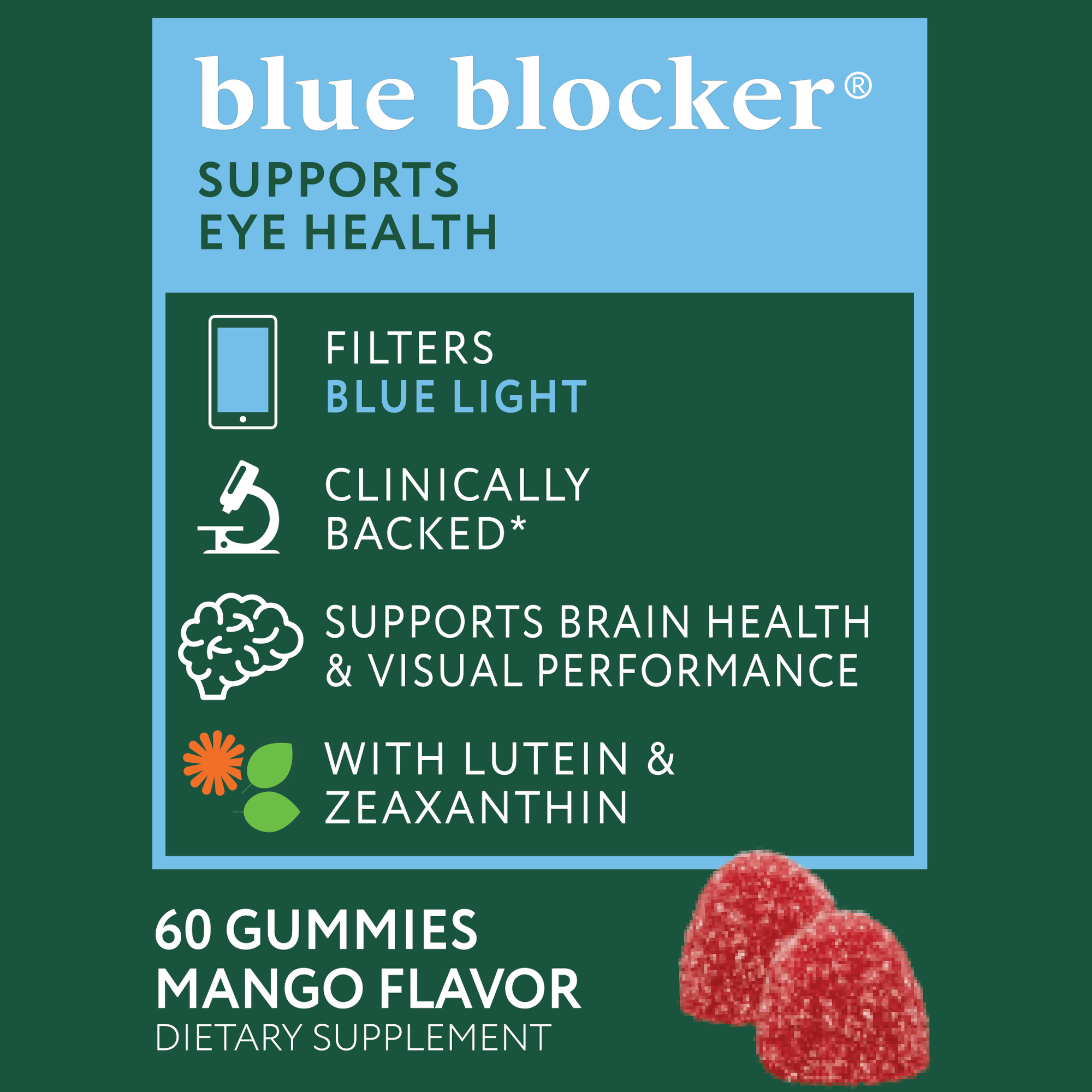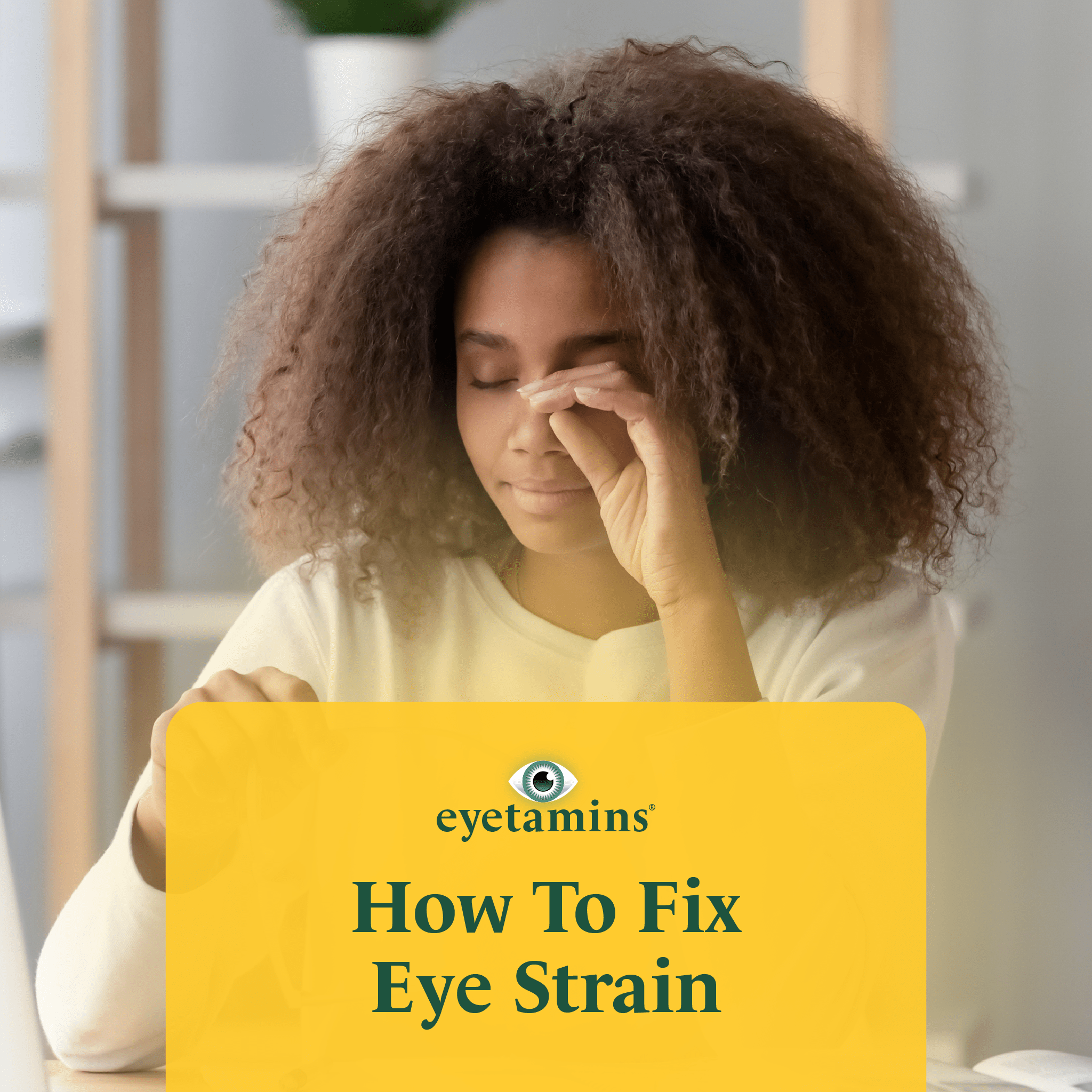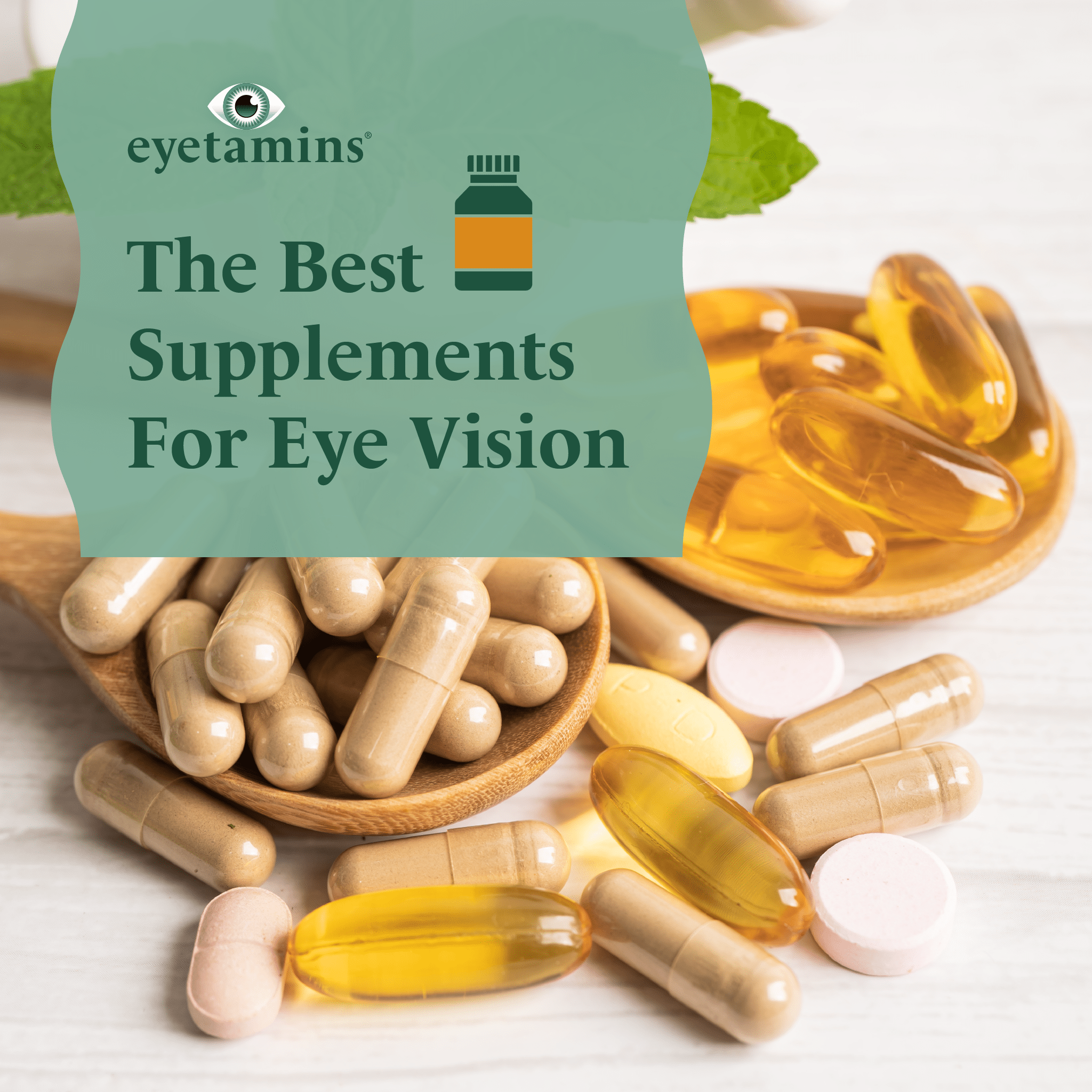· By Dr. Kaushal M. Kulkarni, M.D.
Natural Migraine Medication Relief
The ultimate day destroyer: the migraine. It is almost impossible to complete any of your daily activities when you are afflicted with this condition. Sometimes lasting a few hours, sometimes days, relief can be hard to find. As with most things, we believe that natural is the way to go. Let’s discuss some simple things you can try, as well as side effects from medications you might want to stay away from. And finally, we will touch on some of our favorite natural remedies.

How to Get Rid of Migraine
There are a few things you can try to bring yourself some relief. Some of them are:
- Cold pack
- A heating pad or hot compress
- Ease pressure on your head by loosening your hat or hair tie
- Dim the lights, including on your screen monitors
- Relax
- Hydrate
- Have some ginger tea
- Massage
Migraine Relief
If quick fixes do not make a difference in your head pressure and pain, it might be helpful to see your doctor. If your condition is unusual or sudden, you may be subjected to some tests to rule out more serious issues. This could include an MRI or CT scan.
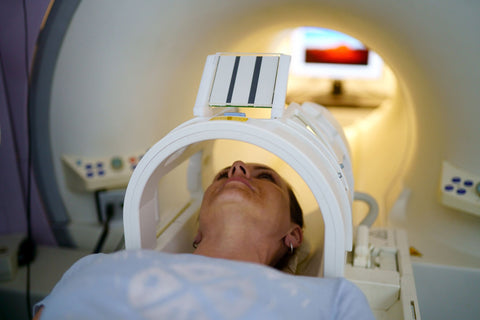
An MRI helps doctors rule out tumors, strokes, infections, brain bleeding, or other possible issues related to the brain and nervous system. CT scans help doctors assess any tumors, brain bleeding, infections, or other possible issues.
Once these serious issues have been ruled out, and still no answers have been found, your doctor may recommend some migraine medications that may help you to provide relief.
Migraine Treatment
It is important to keep in mind that some medications cause more problems than help ease symptoms. Here are some of the common ones used for treatment, as well as some of their possible side effects:
For Relief:
- Pain relievers: When taken too long, pain relievers like aspirin or ibuprofen can cause medication-overuse headaches, ulcers, or bleeding in the gastrointestinal tract.
- Triptans: Sumatriptan and rizatriptan are taken as pills, shots, or nasal sprays. They may not be safe for people at risk of heart attack or stroke.
- Dihydroergotamine: Vomiting and nausea related to severe cases may worsen. Not recommended for those with heart disease, high blood pressure, kidney or liver disease.
- Opioid medications: Sometimes people who can’t take other medications will be recommended codeine medications. These are highly addictive and should be avoided.
For Prevention:
- Antidepressants: Amitriptyline can prevent severe headaches. However, side effects can include sleepiness and weight gain.
- Anti-seizure drugs: Valproate and topiramate can help, but can cause dizziness, changes in weight, and nausea.
- Calcitonin gene-related peptide (CGRP) monoclonal antibodies: Given as a monthly injection, Aimovig, Ajovy, and Emgality can cause a reaction at the site of injection.
Migraine Remedies
We believe that the best remedies are those that can also contribute to your overall health. These natural vitamins have little to no side effects, as compared to the medications you are prescribed in the doctor’s office. Let’s explore them.
Magnesium: This mineral is found naturally in your body. It helps build bone and muscle, generate energy, controls your blood pressure, among other things. It has been found that people with serious headaches usually have lower magnesium levels. These people seem to have narrowed blood vessels in the brain, which can bring on the migraine. Some research has suggested that magnesium can block the brain signals that lead to major episodes.
You can load your diet with foods rich in magnesium like spinach, legumes, peanut butter, almonds, and whole grains. However, you still will not have near enough magnesium to prevent attacks. It is best to get the dose you need in supplement form.
Riboflavin (Vitamin B2): Found naturally in food, riboflavin is a vitamin which regulates energy that allows cells to develop and function. It does this by breaking down carbohydrates, proteins, and fats to produce energy. Also known as vitamin B2, you can find it in eggs, green vegetables, meat, mushrooms, almonds, milk, and other dairy products. You are unlikely to get 400 mg of riboflavin from your diet which is the recommended dose for possibly reducing the number of attacks.
Coenzyme Q10: CoQ10 is a substance found in almost every cell of our body but mostly in our heart, liver, kidney, and pancreas. It is an antioxidant that helps our bodies fight harmful molecules and produce energy.
Some studies have shown that CoQ10 can help decrease the number of severe headaches. In one study, most of the participants' days of attacks reduced to more than half. This could be because CoQ10 can lower CGRP (calcitonin gene-related peptide receptor). CGRP is a pain-related protein which is at a high level during a serious episode. Lowering CGRP can prevent severe headaches from happening.
Butterbur: Butterbur is a perennial shrub found in Europe, parts of Asia, and the US. It contains chemotypes known as petasins which may relieve spasms and decrease swelling from inflammation. Butterbur has been used as a herbal remedy for years to treat conditions like allergic rhinitis. It is also used as an antispasmodic and to prevent serious headache attacks . Taking butterbur seems to reduce the number and severity of such attacks, as well as the length of time they last.
Vitamin D: Vitamin D is produced by your skin when exposed to sunlight. Being deficient in the essential vitamin can cause many health issues, including severe headaches and other pain-related conditions. Researchers have noticed that the seasons in which levels of vitamin D decrease, such as winter, have a higher amount of episodes.
Scientists have discovered that sufferers who take vitamin D supplements may reduce the number of episodes they have.
Feverfew: This flowering perennial is part of the daisy family and is found in Europe, North America, and Canada. It has been used for centuries to prevent severe headaches. People say that after taking the herb, the attacks occur less often, and sometimes they stop completely. And the great thing about feverfew is that there are no side effects.
Lutein and zeaxanthin: These two carotenoids are found naturally in the body, as well as in fruits and vegetables. They are known to block blue light, which can be a trigger for migraines. This blue light is everywhere, from the sun’s light rays to the screens we look at every day. Incorporating these two antioxidants into your supplementation may help block this blue light from your eyes, reducing your risk of severe episodes caused by it.

Migraine Cocktail
Combining all these wonderful natural ingredients we’ve come up with a cocktail sure to help prevent and ease symptoms. And we’re sharing it with you:
- 500 mg magnesium,
- 400 mg riboflavin (vitamin B-2)
- 300 mg coenzyme Q10
- Butterbur 75 mg
- Vitamin D 2,000 IU
- Feverfew 100 mg daily
- Lutein 20mg
- Zeaxanthin 4 mg
Relief from the attacks can seem inescapable. We hope in this article you’ve learned about some migraine medication you can try to help ease or prevent this devastating ailment. And we believe our natural eye care products can help you get back to your life again.


